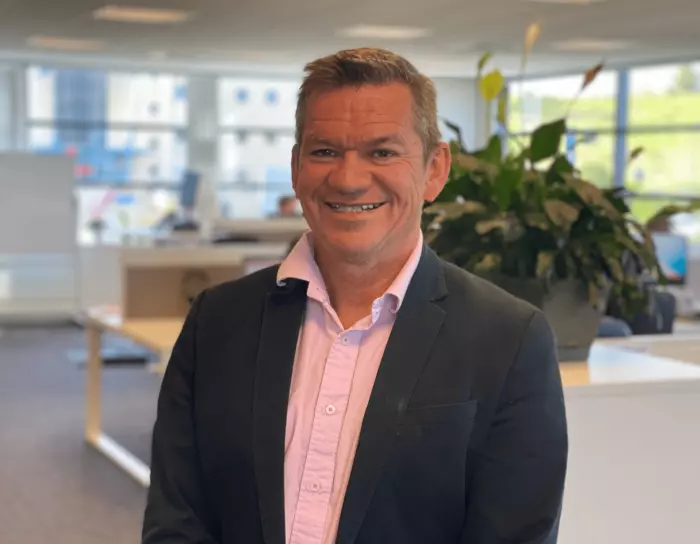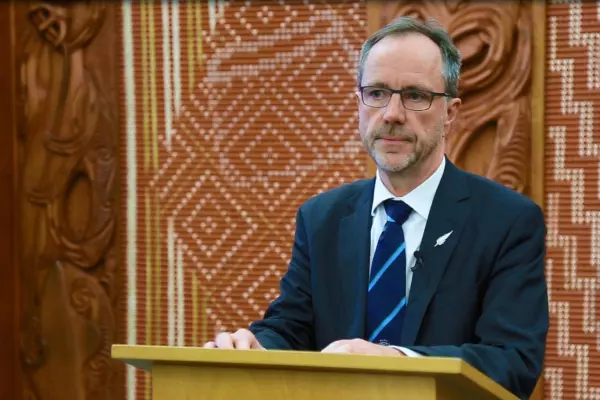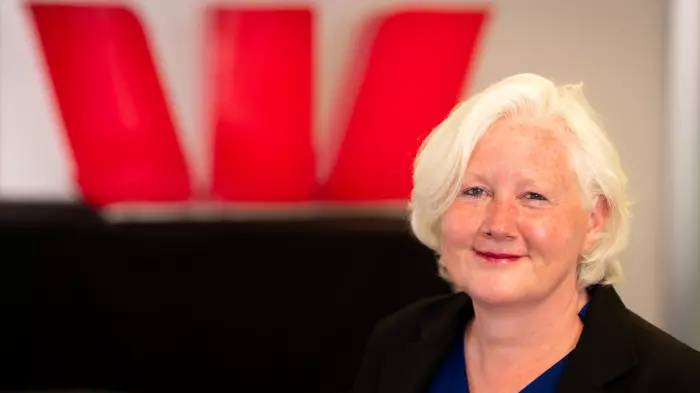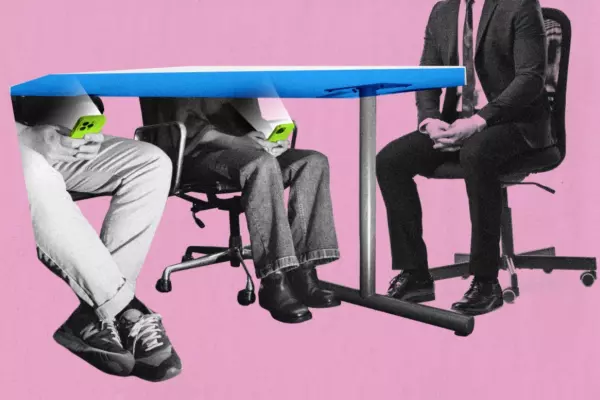Straker Translations' Grant Straker will not be joining the exodus of tech founders that has been gaining momentum over the last few months.
After its recent oversubscribed equity offering raised A$25 million in new funds, chief executive Straker is even more determined to grow a global tech company out of New Zealand and public listing is a key part of his strategy.
Recent months have seen Vend, Timely, and Seequent bought out by US tech companies and Ninja Kiwi snapped up by a Swedish suitor but where Straker Translations is concerned they are the ones buying out the competition.
Most of the A$25 million raised will go to pay down debt used to acquire LingoTek in February and to build up the balance sheet to fund their growth by acquisition strategy, according to Straker.
The equity raising was also intended to bring more liquidity to its tightly held shares.
“We have a whole bunch of existing shareholders that ultimately have actually been getting more shares not less and they don’t sell so you end up with a very small free float relative to your market cap,” he told BusinessDesk.
“What is really good now is that we’re going to get another 10 or 12 institutional shareholders on the register.
“Some of those will stay, some of those will trade, so it creates liquidity in your stock and that’s normally very good for your share price and your shareholders if they can trade.”
Saying no to private equity
Straker, whose company is listed on the ASX, also disagrees with those who say private equity is the way to go.
In his view, private equity “means a group of really rich people get richer whereas you democratise a lot more of it if it’s on the share market.
“Even things like Sharesies – people can democratise the success and the failure.”
“One of the reasons why listing is better is because it allows you to de-risk personally, but it also allows you to keep building the company.”
Straker, who is of Ngāti Raukawa descent, said his company’s vision of growing a global tech firm from NZ is the reason it has turned down options to sell the company or to base itself offshore, but it comes with a great deal of personal sacrifice.
“If I was based in the middle of Europe, where a lot of our team is based, it would be a lot easier but it probably wouldn’t give the same gain back to New Zealand.
“Back in the days when you travelled, you’re travelling all the time and now even when you can’t travel you’re up all night or you’re up in the morning.
“So it is possible, but in terms of family time it’s incredibly disruptive, so you do pay a bit of a price but we’re probably at the right size and scale here.
“We’ve got fantastic people in the market who can run teams and we’ve set up a good global structure where we’ve got leaders in each country so it does make it easier and we get the benefits of the lifestyle here.”
Lifestyle and the regions
Lifestyle benefits were the reason Straker Translations has moved some of its local team out of Auckland.
“We set up an office in Gisborne and we’ve sent some of our tech guys down there. It allows them to buy a house down there when they couldn’t buy one in Auckland.”
About 30-40% of the company’s 200 plus workforce is based locally and Straker would like to employ more.
Industry training organisation NZTech said there was an urgent need to bring in more tech workers from overseas.
Straker agreed that the government needs to do more on the visa front.
“Maybe it should be you can get a visa, but you need to be based in the regions so they’re outside of Auckland and that drives economic growth out in the regions.”
He would also like to see much more emphasis on technology at school, a place he said never worked for him when he was younger.
“They need to have a massive focus on tech in schools and I just think our education system is subpar when it comes to that and not because of the teachers but a lack of people in that space.
“I think things like charter schools would have worked really well. I think of my own background where I taught myself to code and ended up building a global company.
“I think something like a tech charter school would have worked for me.”
He added that if you look at the way technology will evolve through his children’s lifetime, having people who can create new technology here is essential to securing NZ’s economic future.
“It doesn’t matter if it’s the traditional kind of tech stuff or it’s aviation or marine or childcare centres, if they have the best technology and the best way to get productivity gains from technology they will ultimately win.
“In New Zealand, I can see that we will just end up being consumers of everyone else’s technology if we don’t build our own here where we can sell that to the world.”















